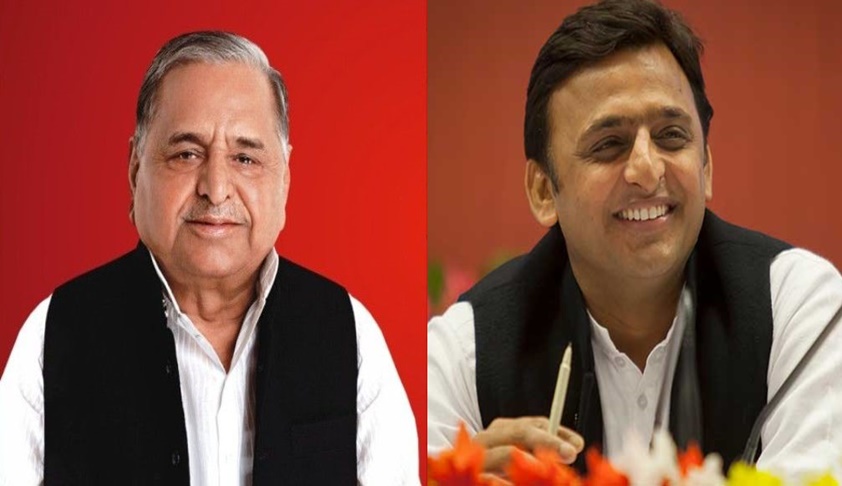Give Us Sufficient Time To Vacate Govt Bungalows: Mulayam, Akhilesh To SC
LIVELAW NEWS NETWORK
28 May 2018 8:22 PM IST

Next Story
28 May 2018 8:22 PM IST
While Mulayam sought sufficient time from the apex court to make arrangements for alternate accommodation, the one by his son Akhilesh has urged the court to consider the security of his family. Three weeks after the Supreme Court directed former Uttar Pradesh Chief Ministers to vacate the government bungalows, two ex-CMS belonging to the Samajwadi Party Mulayam Singh Yadav and his son...
